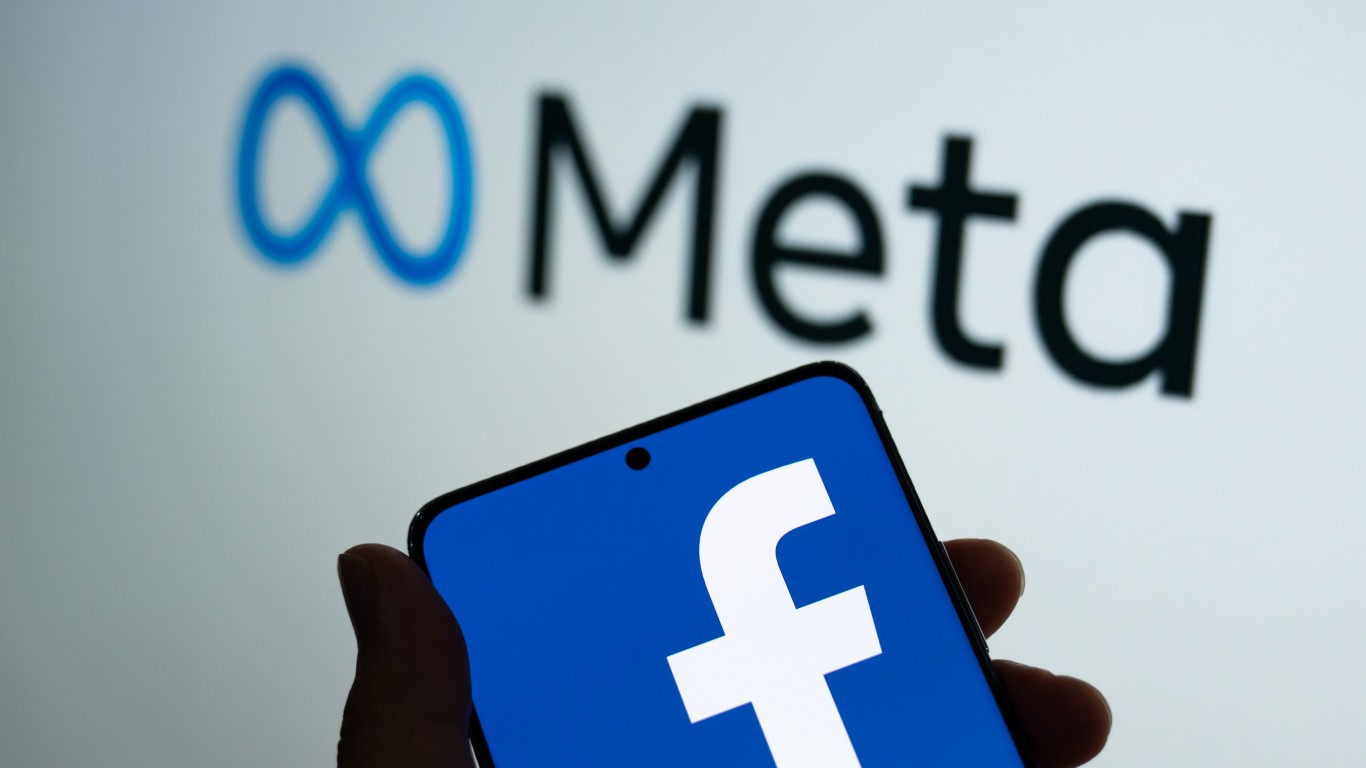
Over the past five years, the stock of International Business Machines Corp. (NYSE: IBM) is down 7%. Microsoft’s shares are up by 200%. IBM’s market cap is $115 billion, while Microsoft’s is $2.14 trillion. There is a reason for that, and IBM’s new earnings showed why. (These companies control over half their industry.)
[in-text-ad]
IBM has become a second-tier tech company, and it has been for years. It was once the number one tech company in the world. Its new earnings showed it had revenue of $14.2 billion. This was barely up from the same period a year ago. Net income, at $927 million, did better. A year ago, the figure was $733 million.
In its most recently reported quarter, Microsoft’s revenue was $52.7 billion, up only slightly. It made $16.4 billion. Its cloud-computed business drove revenue, which is second only to Amazon’s market share. IBM often talks about its cloud business, which is small compared to these two companies. IBM Chief Executive Officer Arvind Krishna said its earnings were successful because of “our unique combination of an open hybrid cloud platform, enterprise-focused AI, and business expertise.” He cannot make a case that his business in these areas is anywhere near the industry leaders.
Krishna is not at fault. Ginni Rometty, who was CEO before him, destroyed IBM as its revenue fell quarter after quarter.
In 1980, IBM was the eighth largest corporation in the country, according to the Fortune 500. It was bigger than General Electric. No other tech company was in the top 30 companies on the list. In the current list, IBM ranks 49th. It is miles behind Alphabet, Amazon, Apple and a small army of other tech companies. By any measure, IBM is big tech’s largest failure.
Get Ready To Retire (Sponsored)
Start by taking a quick retirement quiz from SmartAsset that will match you with up to 3 financial advisors that serve your area and beyond in 5 minutes, or less.
Each advisor has been vetted by SmartAsset and is held to a fiduciary standard to act in your best interests.
Here’s how it works:
1. Answer SmartAsset advisor match quiz
2. Review your pre-screened matches at your leisure. Check out the advisors’ profiles.
3. Speak with advisors at no cost to you. Have an introductory call on the phone or introduction in person and choose whom to work with in the future
Thank you for reading! Have some feedback for us?
Contact the 24/7 Wall St. editorial team.
 24/7 Wall St.
24/7 Wall St.



